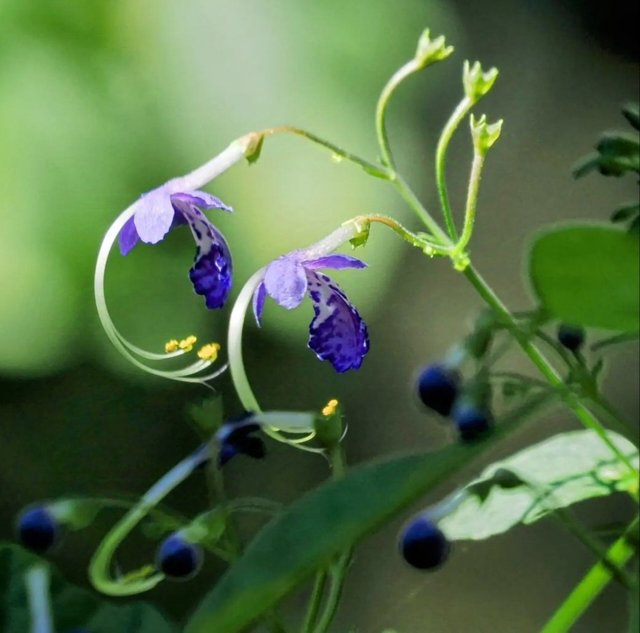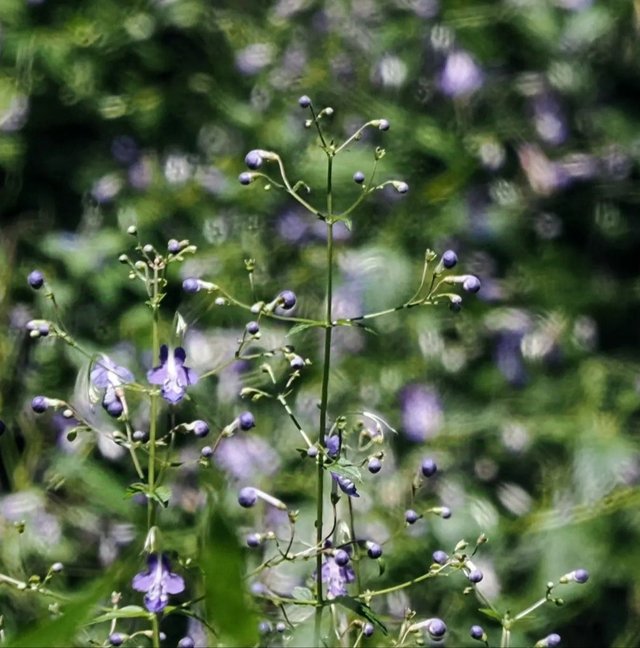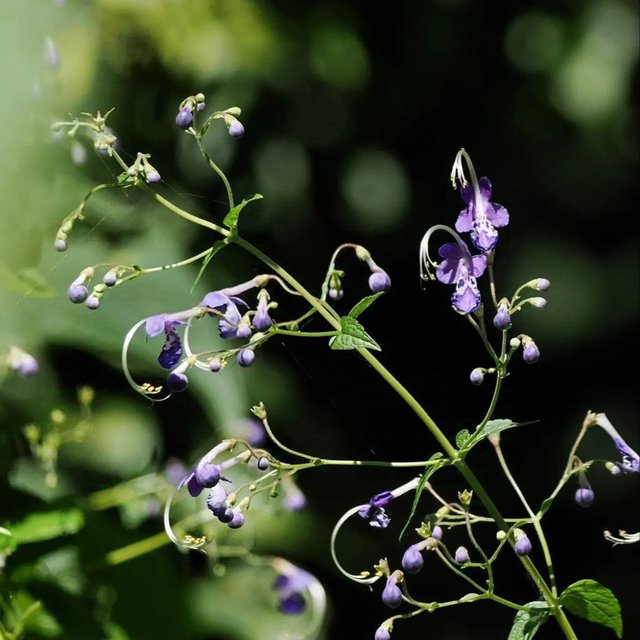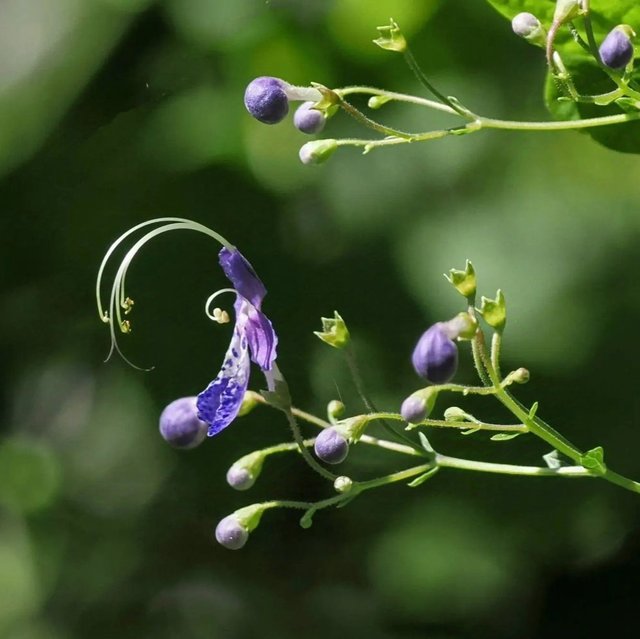Exploring Trichostema: A Unique Genus of Aromatic Plants
Introduction to Trichostema Trichostema is a genus of flowering plants in the mint family, consisting of approximately 20 species native to North America. Commonly known as bluecurls, these plants are recognized for their striking blue or purple flowers and aromatic properties. They thrive in diverse environments, from coastal regions to arid deserts, reflecting their adaptability and resilience.
The name "Trichostema" is derived from Greek, meaning "hair-like stamens," which describes the plant's characteristic long, curved stamens that often extend beyond the petals. The beauty of these plants lies not only in their vibrant colors but also in their unusual structure, which draws pollinators like bees and butterflies.
Distribution and Habitat Trichostema species are predominantly found across the western United States, especially in California, where several species are endemic. They inhabit a range of environments, including chaparral, coastal sage scrub, woodlands, and desert areas. These plants have adapted to thrive in dry, rocky soils, often in full sun, which makes them particularly suited to Mediterranean climates with hot, dry summers and mild, wet winters.
One of the most well-known species, Trichostema lanceolatum, is often found in disturbed soils and areas with poor drainage. Despite such conditions, it flourishes, showcasing its resilience. In contrast, species like Trichostema parishii prefer higher elevations and more arid climates, typical of desert regions.
Botanical Characteristics Members of the Trichostema genus are annual or perennial herbs, ranging in size from small, low-growing plants to more substantial shrubs. Their leaves are typically opposite, aromatic, and often covered in fine hairs. These hairs help the plants reduce water loss, making them well-suited for arid conditions.
The flowers are one of the defining features of Trichostema plants. They are usually tubular with a two-lipped corolla—commonly blue, violet, or purple, though occasionally white. The lower lip often functions as a landing pad for pollinators, while the upper lip curves upward. The long, protruding stamens give the flowers a unique, whimsical appearance.




Thanks For Reading
Device Information
| Device | cannon eos 600D |
|---|---|
| Lens | 55-250 zoom leans |
| Location | Myanmar |
